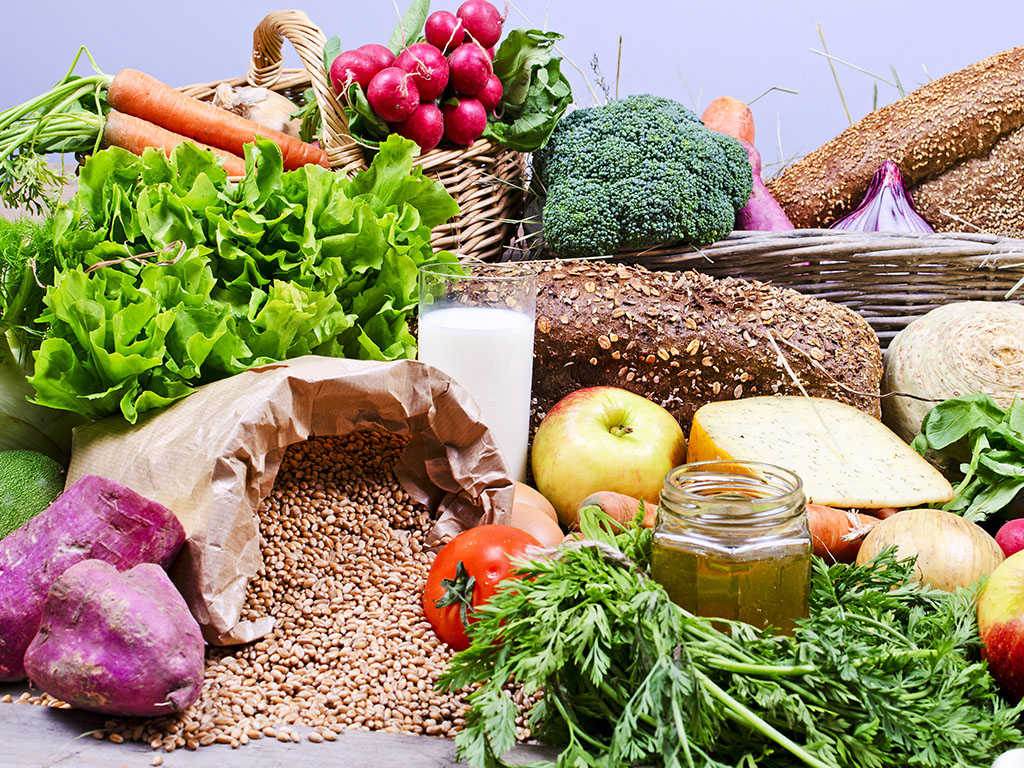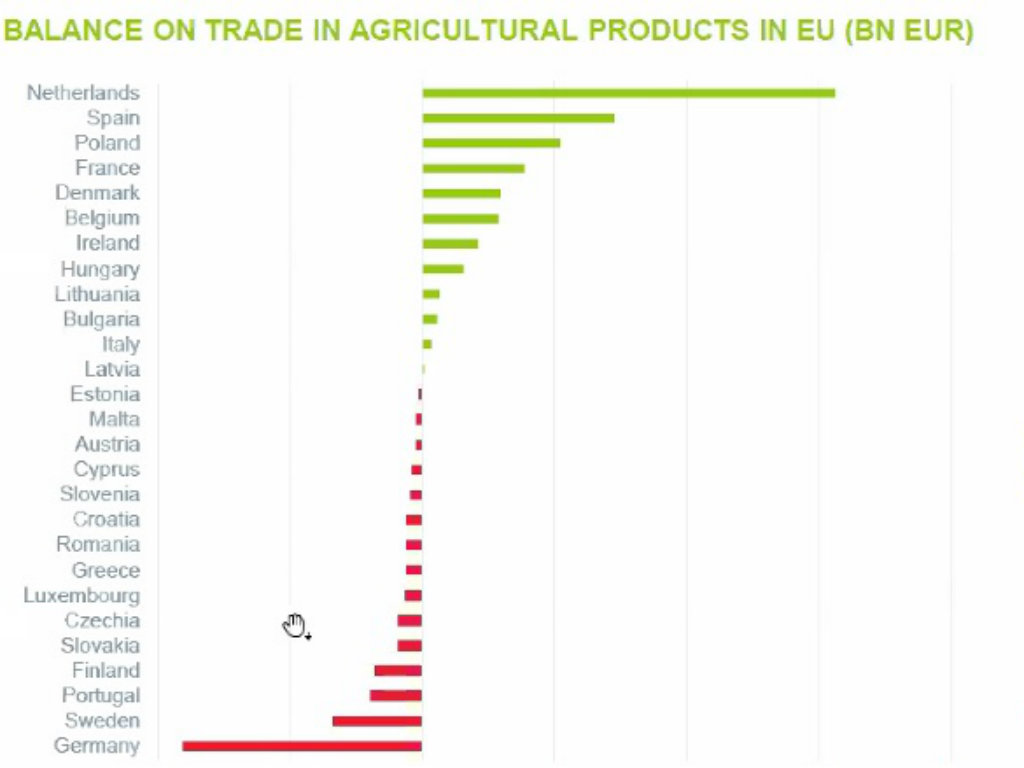Food Processing Sector Recovering from COVID-19 Impact, But Needs to Follow Trends and Changes
Source: eKapija
 Thursday, 18.06.2020.
Thursday, 18.06.2020.
 14:35
14:35
 Thursday, 18.06.2020.
Thursday, 18.06.2020.
 14:35
14:35
Illustration (Photo: Twin Design/shutterstock.com)

As said, the region of central and eastern Europe is less affected economically by the consequences of the COVID-19 crisis than other regions.
Mary Kenny of the FAO pointed to the constant increase of the production of grains and vegetables in the region, whereas oil plants are recording a mild growth, and there's some uncertainty in the fruit farming sector.
– When it comes to the global outlook, the projections envisage stable production, reserves and dynamics of trade in the 2020/21 season, especially when it comes to wheat, corn and rice – she pointed out.
Kenny said that the agriculture and the food systems were recovering from the impact of COVID-19, but also pointed to the importance of investing in sustainable food systems, so as to solve the growing problem of obesity.
– The private sector, but also the consumers, play an important role and can have an impact on the food system – she pointed out.
The domino effect
Jakub Olipra of the Department for Macroeconomic Analysis of the Credit Agricole Group in Poland pointed out that the supply chains had been broken during the pandemic, which had created a “domino effect”, from the production, through the distribution, to the consumption.
– We faced closed borders, high demands and expensive logistics, and there was also a big problem in the HoReCa sector and a problem with the consumers' changed habits – he said.
He also pointed out that the consequences of the pandemic on the food industry were not evenly spread out and that the self-sufficiency of certain EU states was based on fragile mutual connections.
Trade of agricultural products in the EU (Photo: Vebinar / screenshot)

He noted that, when it comes to agricultural products, drinks, meat, grain, dairy and fruit products were the most traded groups of products in the EU, whereas the least traded were vegetable oil, coffee, spices, fish and others.
– In the upcoming months, the food industry in Europe will gradually recover in line with the easing of the restrictions and the increase in economic activities. The problems with coronavirus could lead to protectionism, and numerous companies will change their strategies in order to secure the stability of the sales and their stock. Changes in consumers' behavior, such as increased consumption from home, are expected as well – Olipra explained.
New technologies for more efficient production
Maxime Brivois of the Czech company Aleego, also talked about innovations and pointed out that the most important thing was to use the technology which suits the crops the best. He placed special focus on satellite data and the use of drones.
– Many companies in the world, including the Czech Republic, Poland and Serbia, for example, use new technologies increasingly often, so that the production would be more efficient, that is, to have bigger yields with less spending. This would allow them to adapt to the coming changes and the increased demand for food – he pointed out.
Changes creating big pressure, opportunity in new trends
Romania was represented by Adrian Dragan of Timac Agro, who noted that there were big differences between the participants in the supply chain, citing the example of a small producer and a large company.
He believes that changes create a big pressure and that some producers will be able to resist it and make a profit, whereas others will not.
– EU states have been invited to come up with a concrete plan and projects which will be adapted to the common principles, in order to apply for the financing – he added.
He sees Romania's opportunity in the problem the EU has, which is the lack of plants which are a source of protein, such as soy, which the country has no problem with.
– A change that should be implemented is orientation toward production, as the demand for these products grows by 30% to 40% a year. We should also learn about new, different crops, do something new. This would lead to an increase in the employment and investments in rural development – he explained and added that the changes were an opportunity for eastern Europe, but that there needed to be more coordination in Europe.
Christophe Rabatel of Correfour Poland said that their goal was for quality food to reach as many people as possible and that everyone's goal should be to provide better food, but affordable prices.
– By 2050, we will need to feed over 9 billion people in the world. Long-term trends need to be followed, namely, local products, bio food, organic food, vegan and vegetarian food – Rabatel said.
Aleksandra Kekic
Tags:
French Chamber of Commerce
FAO
Aleego
Timac Agro
Correfour Poland
Correfour
Mary Kenny
Jakub Olipra
Maxime Brivois
Adrian Dragan
Christophe Rabatel
central Europe
eastern Europe
The Food Processing Sector Potential Strategy for Central and East Europe
covid 19
coronavirus
oil plants
wheat
rice
corn
soy
sustainable food systems
supply chains
innovations
satellite date
bio production
organic production
vegan food
vegetarian food
organic food
Comments
Your comment
Most Important News
Full information is available only to commercial users-subscribers and it is necessary to log in.
Follow the news, tenders, grants, legal regulations and reports on our portal.
Registracija na eKapiji vam omogućava pristup potpunim informacijama i dnevnom biltenu
Naš dnevni ekonomski bilten će stizati na vašu mejl adresu krajem svakog radnog dana. Bilteni su personalizovani prema interesovanjima svakog korisnika zasebno,
uz konsultacije sa našim ekspertima.


 Izdanje Srbija
Izdanje Srbija Serbische Ausgabe
Serbische Ausgabe Izdanje BiH
Izdanje BiH Izdanje Crna Gora
Izdanje Crna Gora


 News
News






